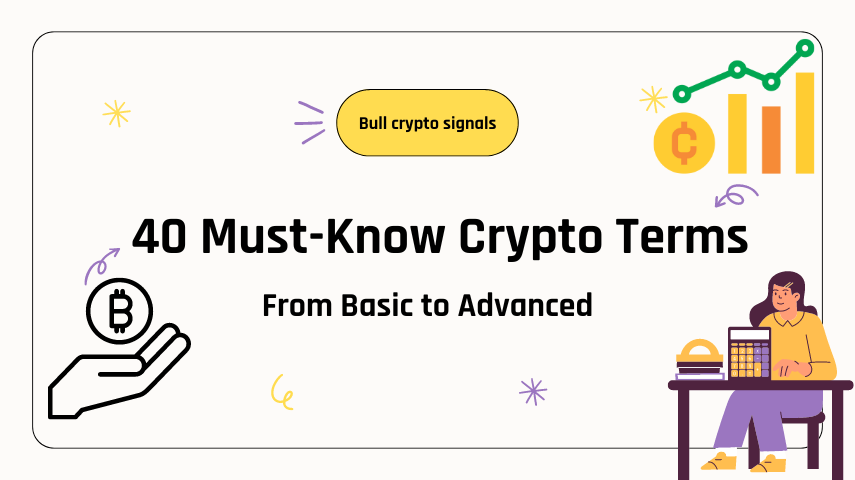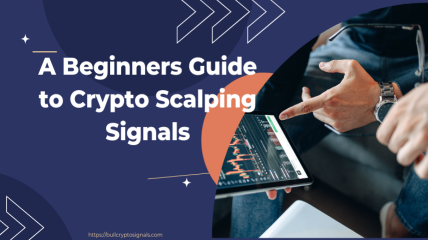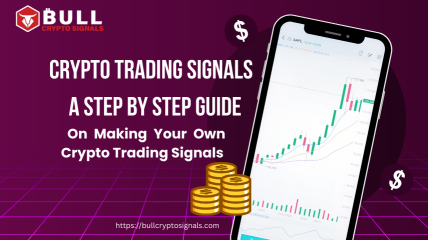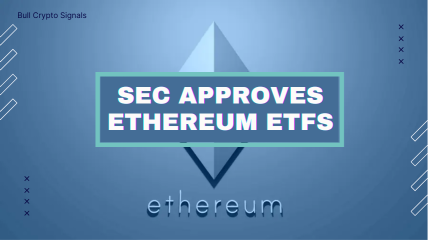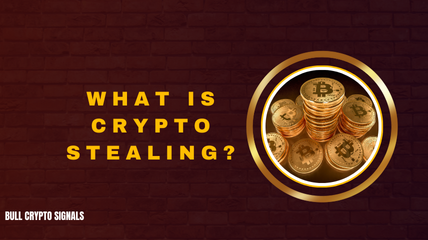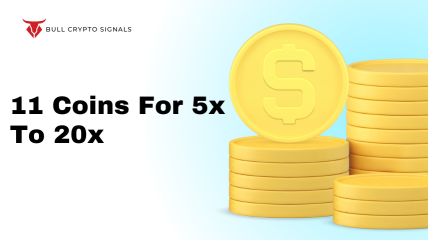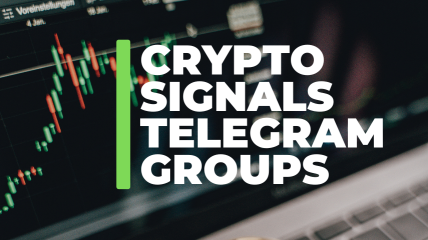40 Crypto Term Everyone Should Know – From Basic To Advance
Introduction:
We're about to embark on an adventure into the intriguing realm of cryptocurrency. This article will define the key terms used in the cryptocurrency market, whether you are new to the subject or simply want to refresh your memory. In order to secure your investments, manage risks, and make educated investing decisions, it is vital to be familiar with cryptocurrency terminology. It unlocks the door to better communication, clarifies assessments and news, and opens the door to new prospects.
In this article, we will define forty key terms in an easy-to-understand way. With the knowledge you gain from this article, you will be prepared to confidently navigate the crypto world.
40 Crypto Terms:
First, let's go over the fundamentals. We will go from basic to the most advanced.
Crypto currency
A virtual or digital currency that is secured by cryptography
Blockchain
The complete record of all transactions that have taken place on a decentralized network.
Block
A blockchain is made up of blocks, which are groups of events that are added to over time. It is hard to alter the blockchain's history since each block includes a cryptographic reference to the previous one.
Bitcoin
Satoshi Nakamoto made Bitcoin, which is the first and renowned cryptocurrency.
Altcoin
All the cryptocurrencies other than Bitcoin are altcoins.
All-time high/All-time low
This is the highest or lowest price that has ever been recorded for a particular asset.
Bull market
When market values rise steadily over a certain time frame, and sentiment among the general public is optimistic, this is called a bull market.
Bear market
Bear market is the opposite of a bull market. In a bear market, prices seem to be going down, which makes people less optimistic.
Volume
Volume is the total amount of a currency that is being bought and sold on the open market at the moment. Cryptocurrency markets usually talk about volume in terms of a 24-hour time.
Smart Contract
Electronic contracts are written in code and can be executed automatically. When all conditions of the sale agreement are satisfied, for instance, the money in an escrow account could be immediately released by a smart contract.
Wallet
A digital tool, whether it's software or hardware, that you can use to store cryptocurrency.
Cold Wallet and Hot Wallet
Cold Wallet and Hot Wallet are two types of wallets.
The term "cold wallet" refers to an offline storage solution for cryptocurrency that is meant for long-term storage. Consider a Trezor or Ledger hardware wallet as an example.
A hot wallet is a digital wallet that is often utilized for routine transactions. Examples of such apps include the Trust Wallet and the Coinbase Wallet for mobile devices.
Public Key and Private Key
There are two different cryptographic keys: one that you can share with everyone and use to receive money, and the other that you need to keep secret and use to access and handle your cryptocurrencies.
Mining
The procedure for adding transactions to a blockchain and verifying their validity. To add a new block to the blockchain and get a reward, miners use powerful machines to solve complicated mathematical problems.
Fundamental analysis
A way to calculate the worth of an item and predict how well it will do in the future. Considerations such as the product's innovative and technical worth, the project team, the token distribution model, and its use cases are considered within the framework of cryptocurrency projects.
TA or technical analysis
Analyzing price charts and other market indicators to conclude the market's health is known as technical analysis. Expert traders delve deeply into this field to learn how to use technical analysis to their advantage in predicting market movements.
Node and Ledger
A computer that validates and relays transactions as part of the cryptocurrency network. In addition to a record of transactions in a ledger.
Decentralization
Delegation of power from one entity to another through a network. Since no one entity controls the Bitcoin network, we say that it is decentralized.
Exchange
Marketplaces where cryptocurrency can be purchased, sold, and traded.
ICO (Initial Coin Offering) and IDO (Initial DEX Offering)
One way to raise money is through initial coin offerings (ICOs), which are done by selling new cryptocurrencies to people who are willing to invest early. Another way to raise money is IDO. In an Initial DEX Offering (IDO), a cryptocurrency is released on a DEX or decentralized exchange instead of a centralized platform.
Token
A digital asset that is issued on an already existing blockchain. It usually stands for an asset or utility.
Stablecoin
A cryptocurrency with less volatility that is linked to a stable asset, like fiat money. Tether (USDT), for instance, is tied to the US dollar.
Fiat Currency
Fiat currency, like the US dollar or the Euro, is issued by the government and is not backed by a physical commodity.
DeFi (Decentralized Finance)
DeFi, short for "decentralized finance," refers to a new type of financial service that uses blockchain technology to reduce the need for centralized institutions like banks. A decentralized exchange like Uniswap lets users trade cryptocurrencies directly with one another, cutting out the middleman.
dApp (Decentralized Application)
A decentralized application (dApp) is a program that operates on a network that is not controlled by a central authority. The game CryptoKitties, for instance, uses the Ethereum blockchain.
HODL(Hold On for Dear Life)
In the crypto community, this slang term refers to holding onto your cryptocurrency instead of selling it.
Crypto Trading Signals
Analysts and algorithms create crypto trading signals when they see a good opportunity for traders to sell or buy cryptocurrencies.
Whale
A person or organization with a significant amount of cryptocurrency holdings is enough to influence the market.
Market Cap
Multiplying the present price by the total supply yields the total value of a cryptocurrency. For instance, if there were 1,000,000 circulating coins and their value was $10 per coin, the market capitalization of a cryptocurrency would be $10 million.
FOMO (Fear of Missing Out)
An investor's fear of missing out on a potentially profitable investment opportunity is known as FOMO (Fear of Missing Out).
FUD (Fear, Uncertainty, Doubt)
Negative news spreads to cause anxiety and fear among investors.
Gas
On the Ethereum network, you have to pay a fee to make transactions or carry out smart contracts. In the case of smart contracts, for instance, the gas fee for executing the contract might be 0.01 ETH.
Halving
A decrease in the reward that miners receive occurs regularly in the Bitcoin network. In the most recent halving event, for instance, the mining reward for Bitcoin was halved from 12.5 BTC to 6.25 BTC.
Liquidity
How easy it is to turn an asset into cash without changing its market value is called its liquidity.
ERC-20
A protocol for Ethereum-based tokens that guarantees their compatibility and functionality. Chainlink (LINK) and USDC are two examples.
Burning
The act of taking a cryptocurrency out of circulation for good. As an example, Binance periodically reduces the supply of BNB tokens by burning them.
Airdrop
Free cryptocurrency token distribution, typically as a promotional offering. For instance, users with a specific amount of a particular cryptocurrency might be eligible to receive airdrop tokens from new projects.
Staking
"Locking up" a specific amount of cryptocurrency in order to participate in a PoS-based blockchain. As an example, one way to earn rewards in Ethereum 2.0 is by staking ETH.
KYC (Know Your Customer):
Exchanges use KYC (Know Your Customer) procedures to confirm the user's identity. For instance, in order to create an account on Coinbase, you will need to submit identification documents.
Zero Confirmation:
Zero confirmation is a transaction that has yet to be confirmed on the blockchain, so it's yet to be part of the blockchain.
Conclusion
Being educated in technical terminology will improve your comprehension of the technology at work while being familiar with regulatory principles, which will guarantee that you are in full compliance with all applicable laws. You can apply this information to enhance your trading abilities, make better use of crypto tools, and ensure your continued involvement in the dynamic crypto field.
